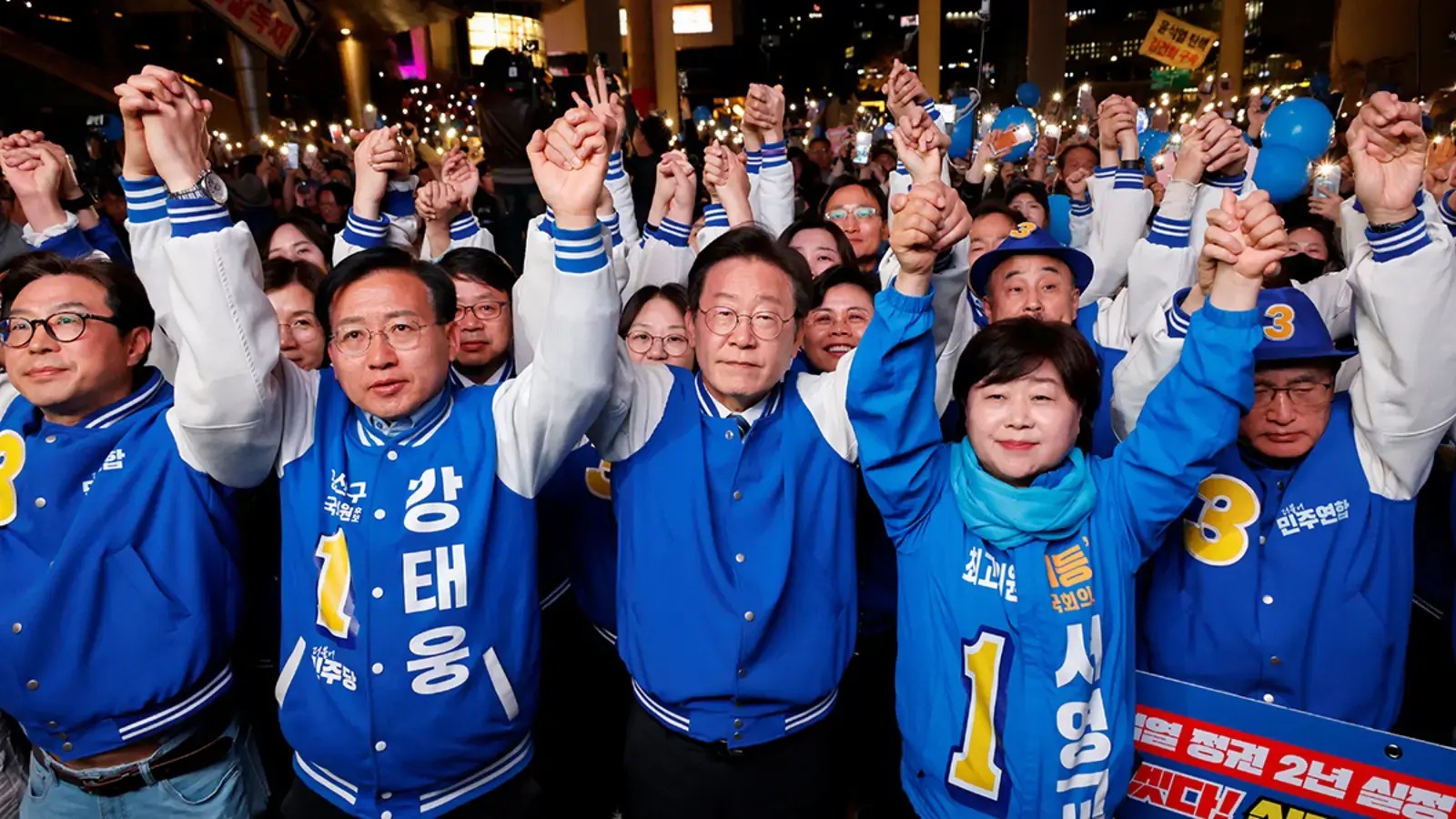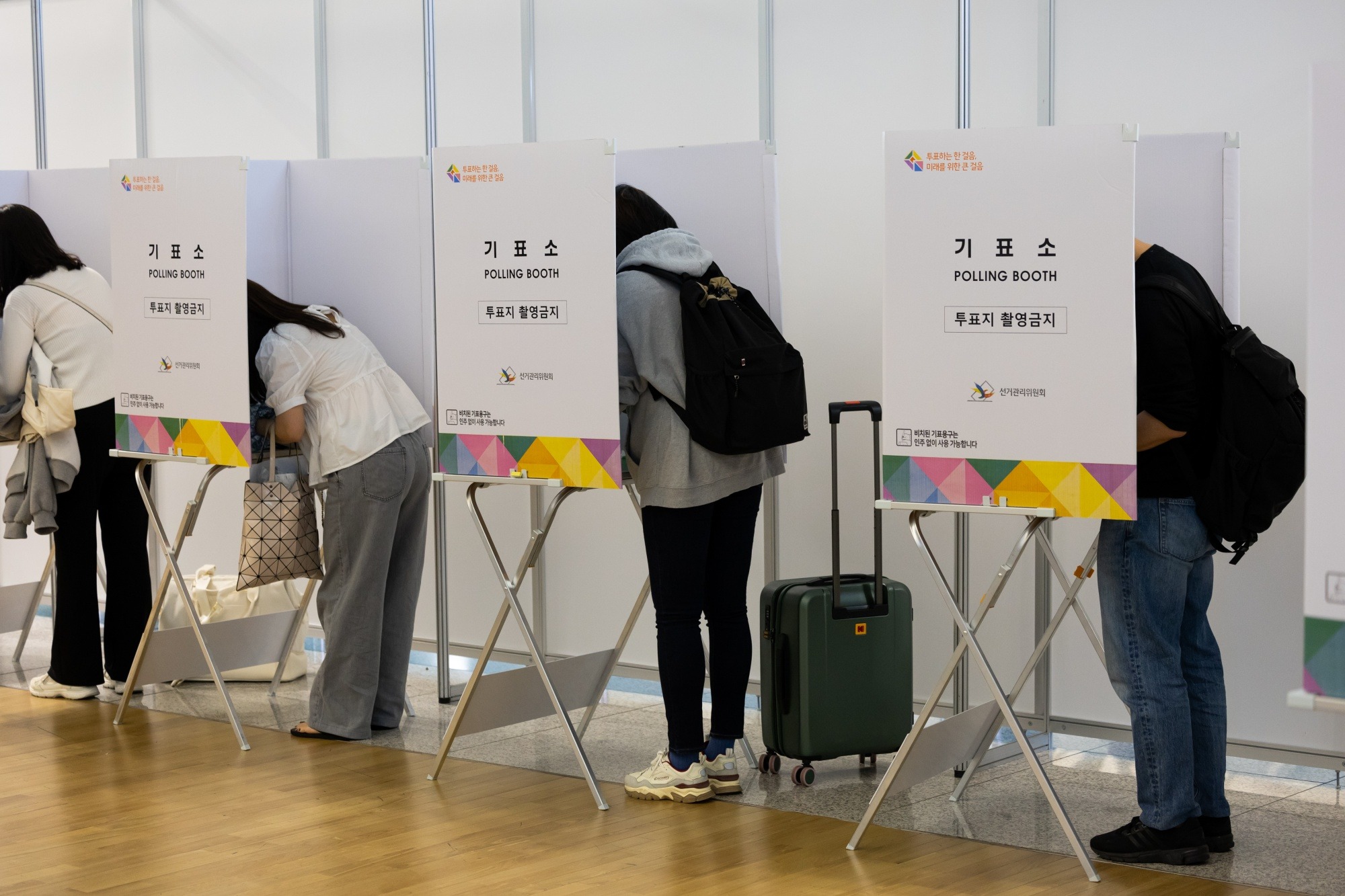The upcoming parliamentary elections in South Korea are drawing attention to a political divide among young voters based on gender. In the 2022 presidential election, young men showed stronger support for conservative candidates compared to young women.
This trend, seen across several elections, reflects a growing difference of opinion between young South Korean men and women regarding political parties.

Experts attribute this divide to South Korea’s rapid social development and the politicization of gender issues. The emergence of young feminists, coupled with movements like MeToo, has brought attention to gender inequality and prompted discussions on discrimination and autonomy.
Young women, despite excelling in education, face challenges in achieving equal status in the workforce. The gender wage gap and underrepresentation in leadership positions persist, contributing to their concerns about long-term career prospects.
On the other hand, young men express feelings of being left behind, particularly citing mandatory military service as an example of inequality. Some perceive efforts for gender equality as favoring women and harbor negative views toward feminism.
This polarization is not only about gender but also reflects generational differences and societal pressures. The competitive environment in South Korea, coupled with economic uncertainties, has led to divisive attitudes and a lack of willingness to engage in dialogue and compromise.

Politicians have also capitalized on this divide, using gender-related issues to gain support from specific voter groups. This has further deepened the rift between young men and women, impacting not just politics but also social dynamics and relationships.
The consequences of this widening gap extend beyond politics, potentially affecting the country’s birth rate and societal cohesion. As attitudes become more entrenched, finding common ground and addressing underlying issues of inequality and discrimination remain critical challenges for South Korean society.


